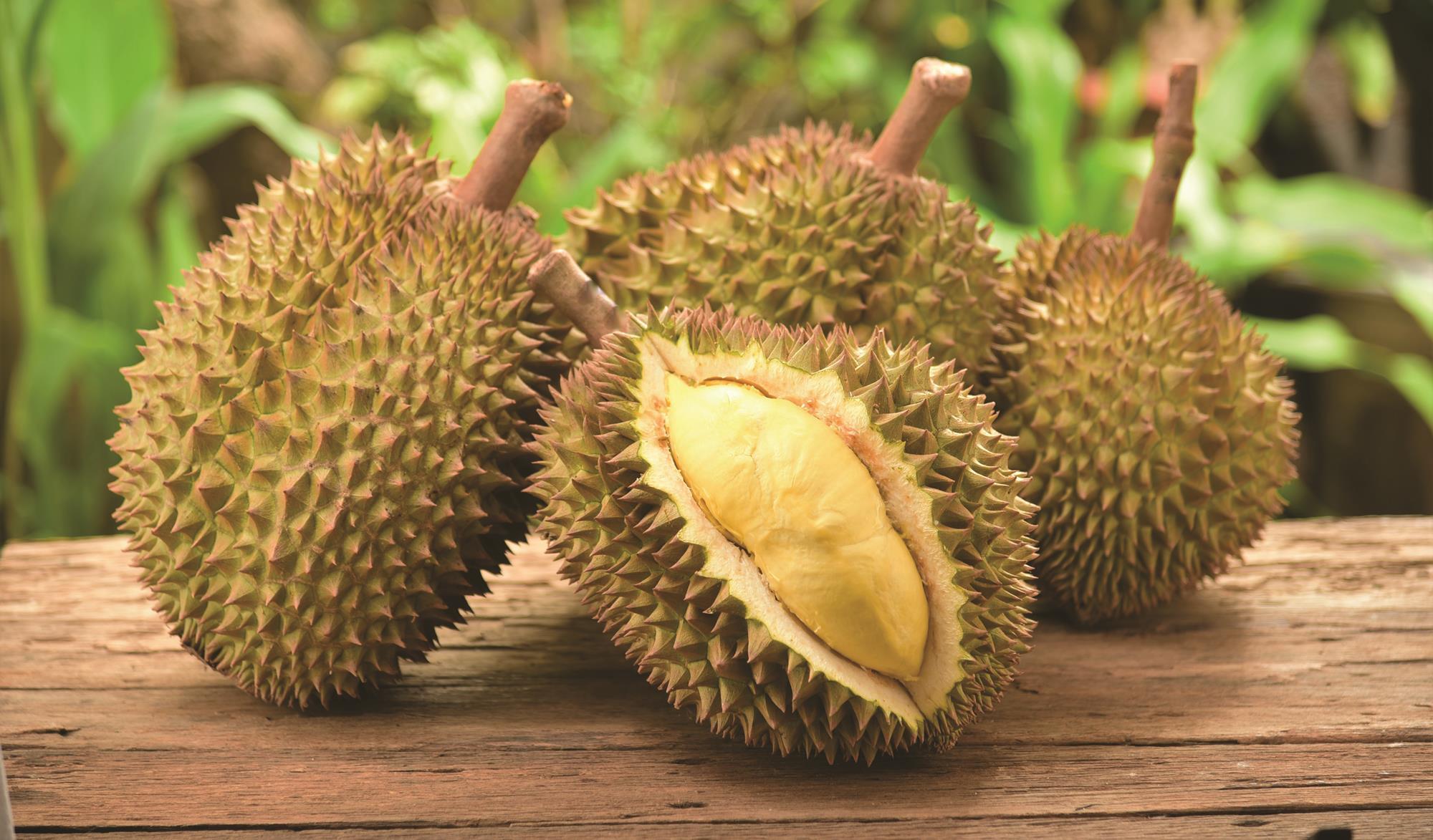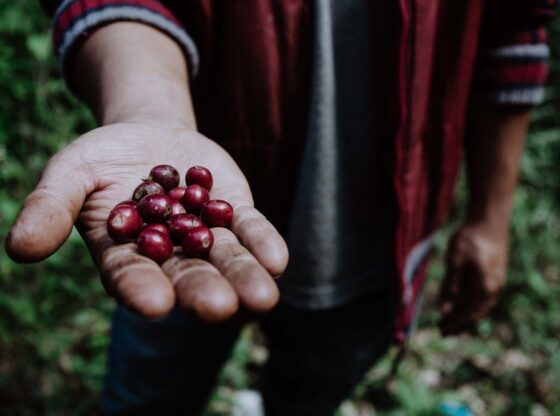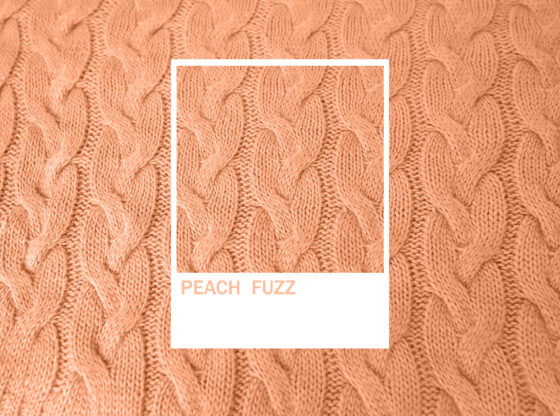![]()
King of fruits! Why would you ever want to eat it?
Creamy. Sweet. Buttery.
The list of appealing adjectives could go on forever when describing durian, the king of fruits.
Durian is banned in most public places because of the smell, which has been described as rotten onions, garlic, turpentine, raw sewage and rotten apple juice.
Yet all word-based descriptions fall wholly short of coming even remotely close to the real divine sensation that can only result from a buttery lump of durian.
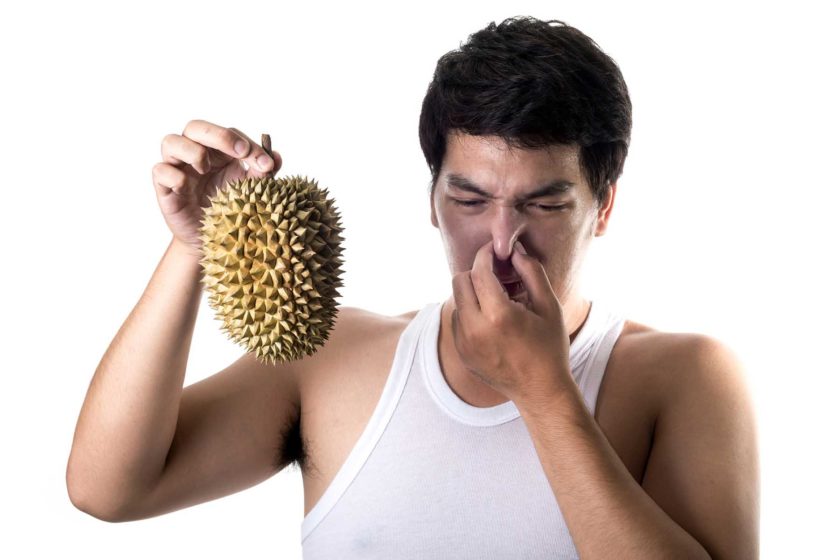
EXACTLY WHAT IS DURIAN?
Durian is a south-east Asian fruit that’s most popular in Thailand, Malaysia, Indonesia, Singapore and the Philippines.
Its origin is thought to be in the region of Borneo and Sumatra. It grows wild in the Malay peninsula and was commonly cultivated in a wide region from India to New Guinea. Four hundred years ago, it was traded across present-day Myanmar and was actively cultivated especially in Thailand and South Vietnam.
Many durian trees are large and can grow anywhere from 20-50 metres high.
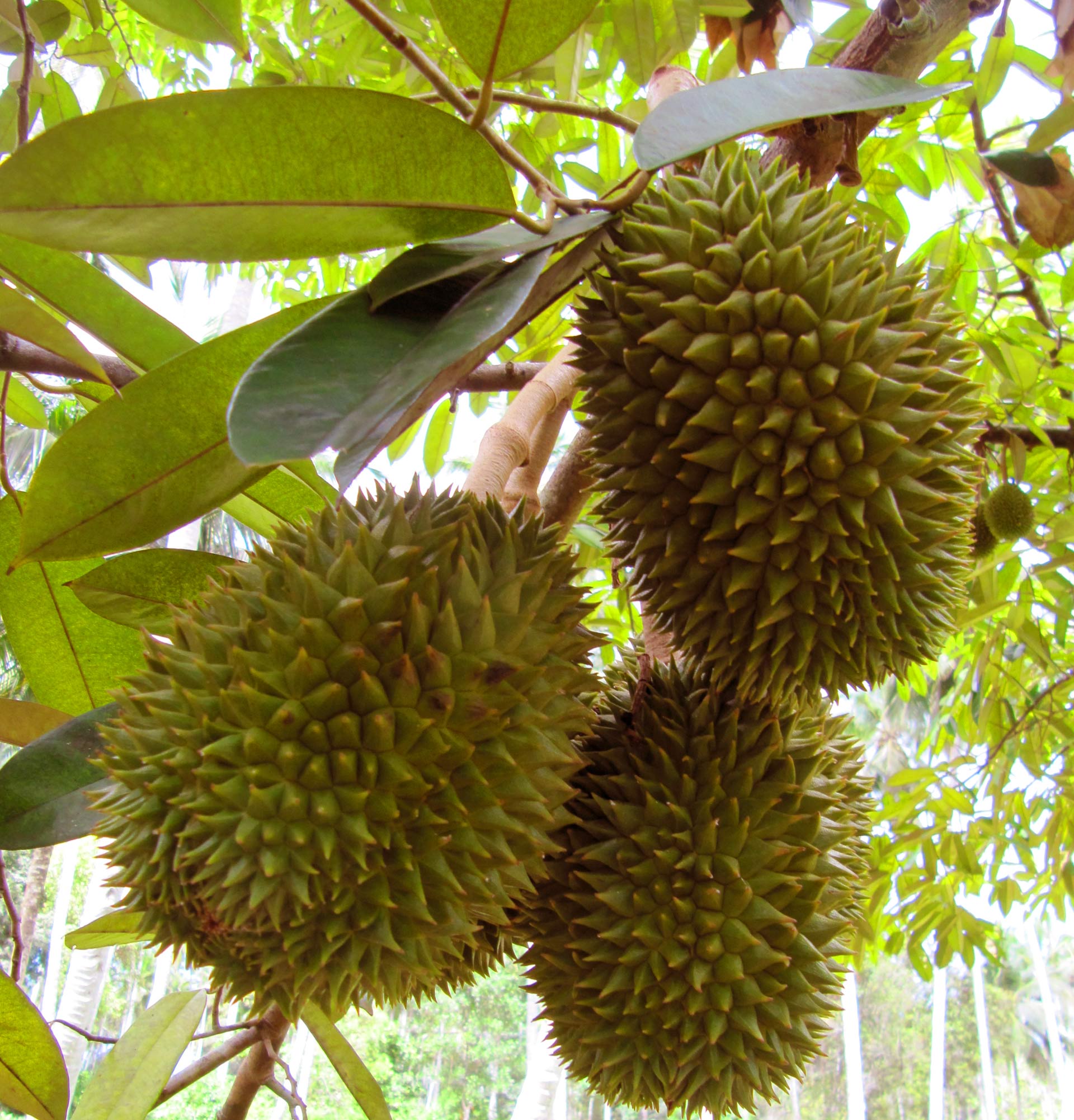
There are many different species and cultivars of durian, some with a more pungently distinct flavor while others are calmer and less strong.
Durian is used in sweet and savoury dishes. Both the creamy flesh and seeds are edible, although the seeds need to be cooked.
There are 30 recognised species, at least nine of which produce edible fruit, and more than 300 named varieties in Thailand alone.
Here are some of the most common food preparations of durian fruit:
• Juice
• Seeds, boiled or roasted
• In soup
• Candy, ice cream and other desserts
• As a vegetable side dish
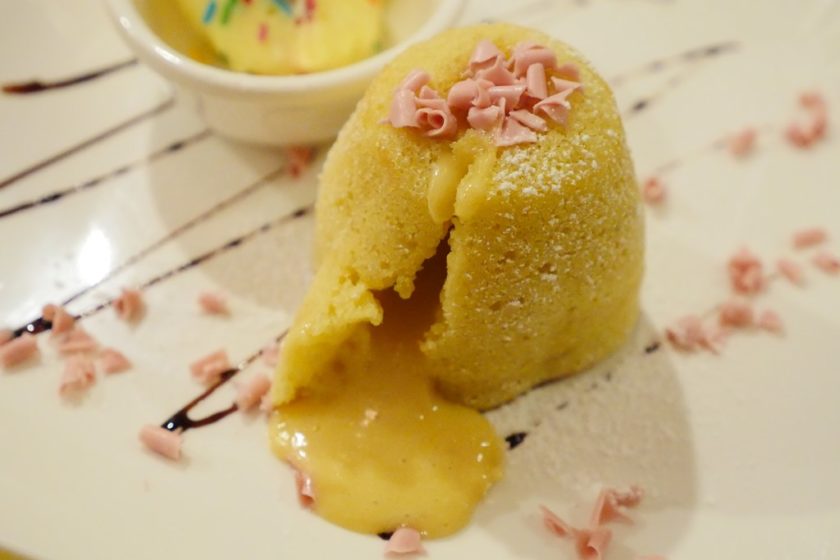
Durian also has many health benefits and most come from durian’s impressive vitamin and mineral content. It contains vitamin C, folic acid, thiamin, riboflavin, niacin, B6, and vitamin A.
Important minerals such as potassium, iron, calcium, magnesium, sodium, zinc, phosphorus are found in durian. It also contains nutrients such as phytonutrients, water, protein, and beneficial dietary fats.
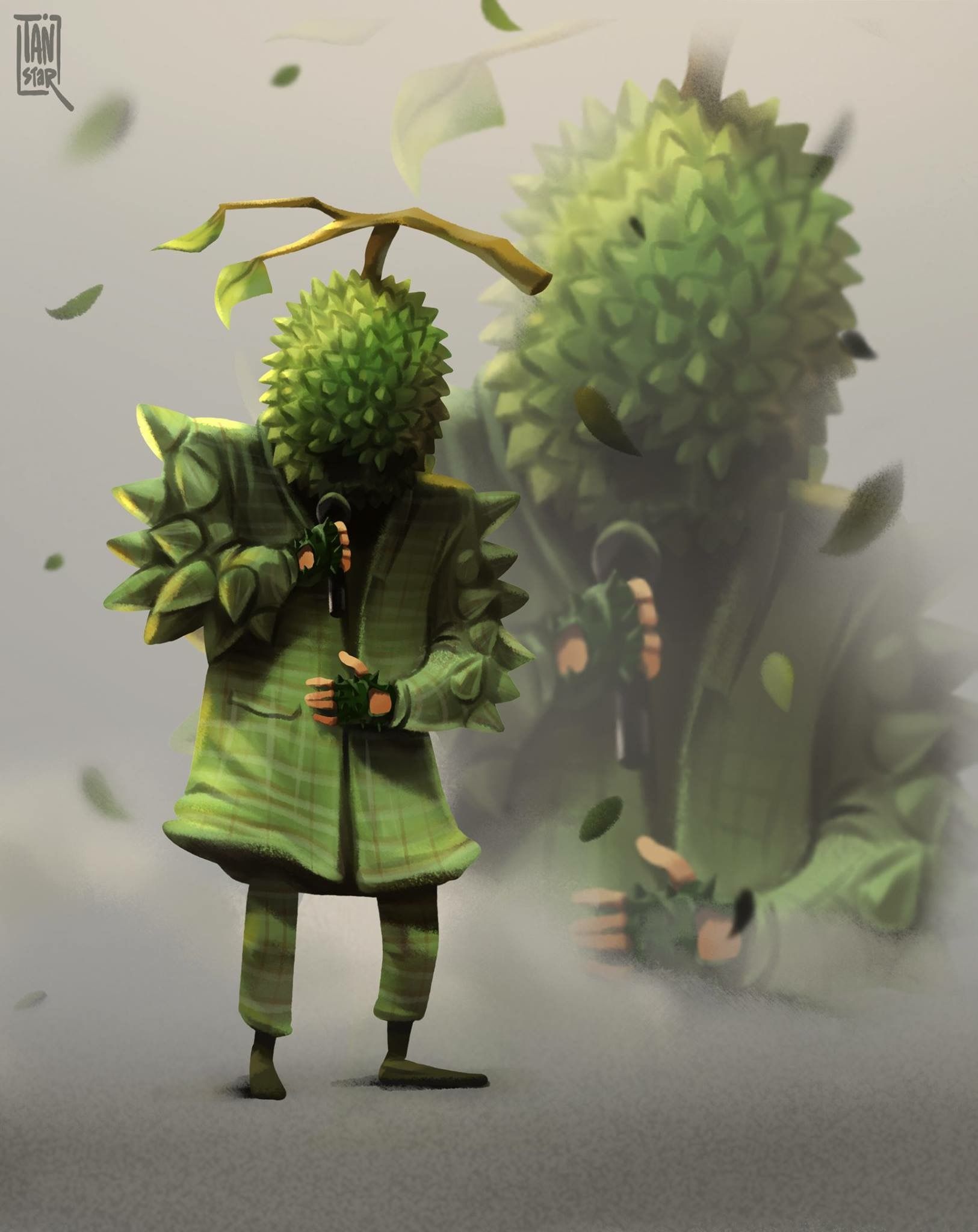
DURIAN GOING GLOBAL
Only last year in Melbourne, Australia 500 people were evacuated from a university after the smell of rotting durian fruit was mistaken for a gas leak.
Emergency services crews dressed in specialist masks carried out a “comprehensive search” of the building at Royal Melbourne Institute of Technology university campus library on Saturday afternoon, after receiving reports of the smell of gas.
Melbourne’s Metropolitan Fire Brigade said students and staff were asked to leave the building “as a precaution” while firefighters investigated, as the building was known to store “potentially dangerous chemicals”.
But nothing except an extremely smelly fruit was found.
And ‘Durian’ makes news in other ways such as:
Chinese buy 80,000 ‘vomit-smelling’ Thai durian in 60 seconds were appearing all over the International press.
“Lovers of the world’s smelliest fruit purchased 80,000 “vomit smelling” durian in 60 seconds after a promotion went online.
Chinese consumers bought 200,000kg (440,925lb) of the thorny custard-like fruit in just one minute after e-commerce giant Alibaba put them up for sale.”
In fact, Alibaba Group is organising a three-day online flash sale of Thai foods during the Thai Festival in Shanghai, in collaboration with various Thai government agencies showcasing durian to the masses.
Durian looks like it’s the flavour of the month and if you can get past your first impression, you just might learn to love it.


